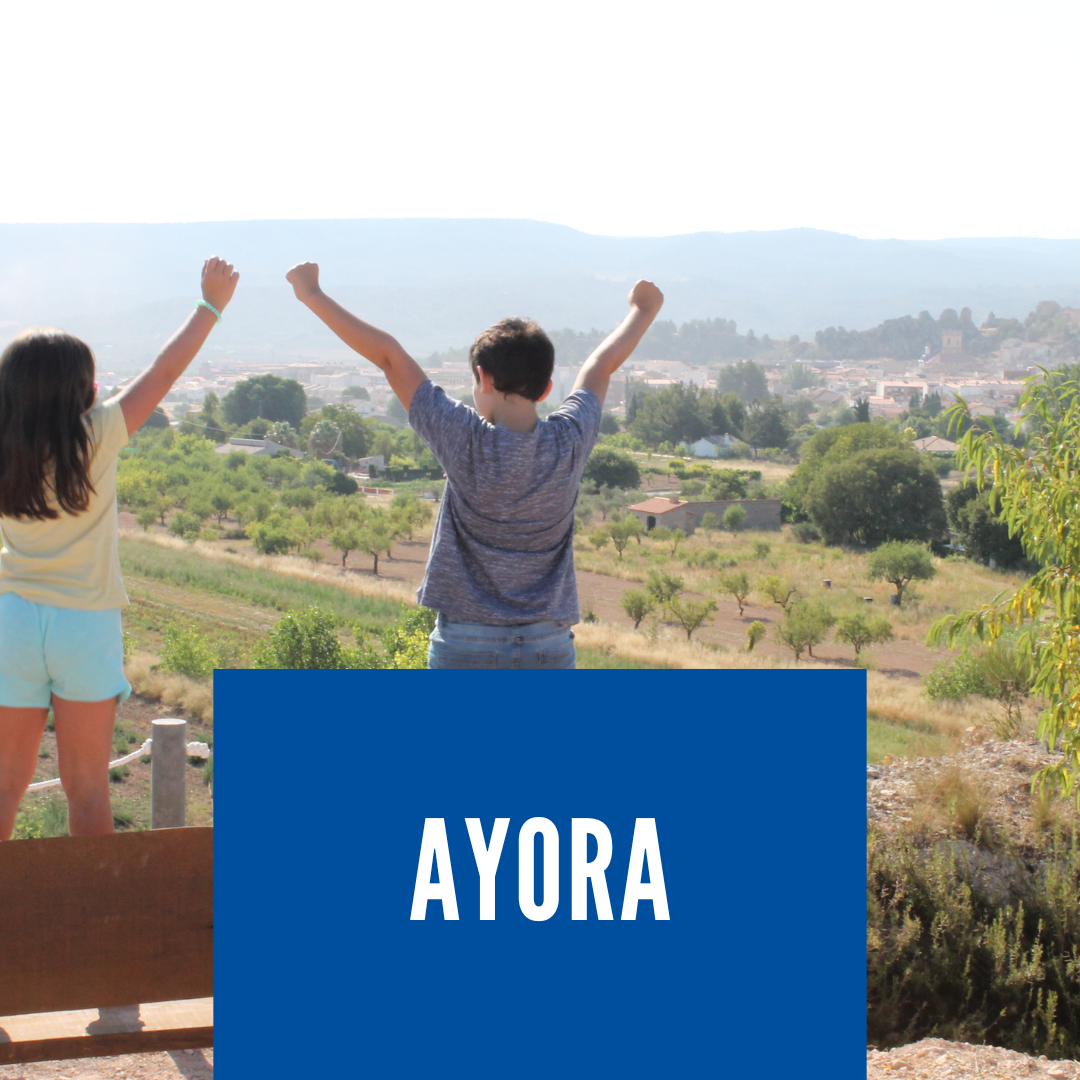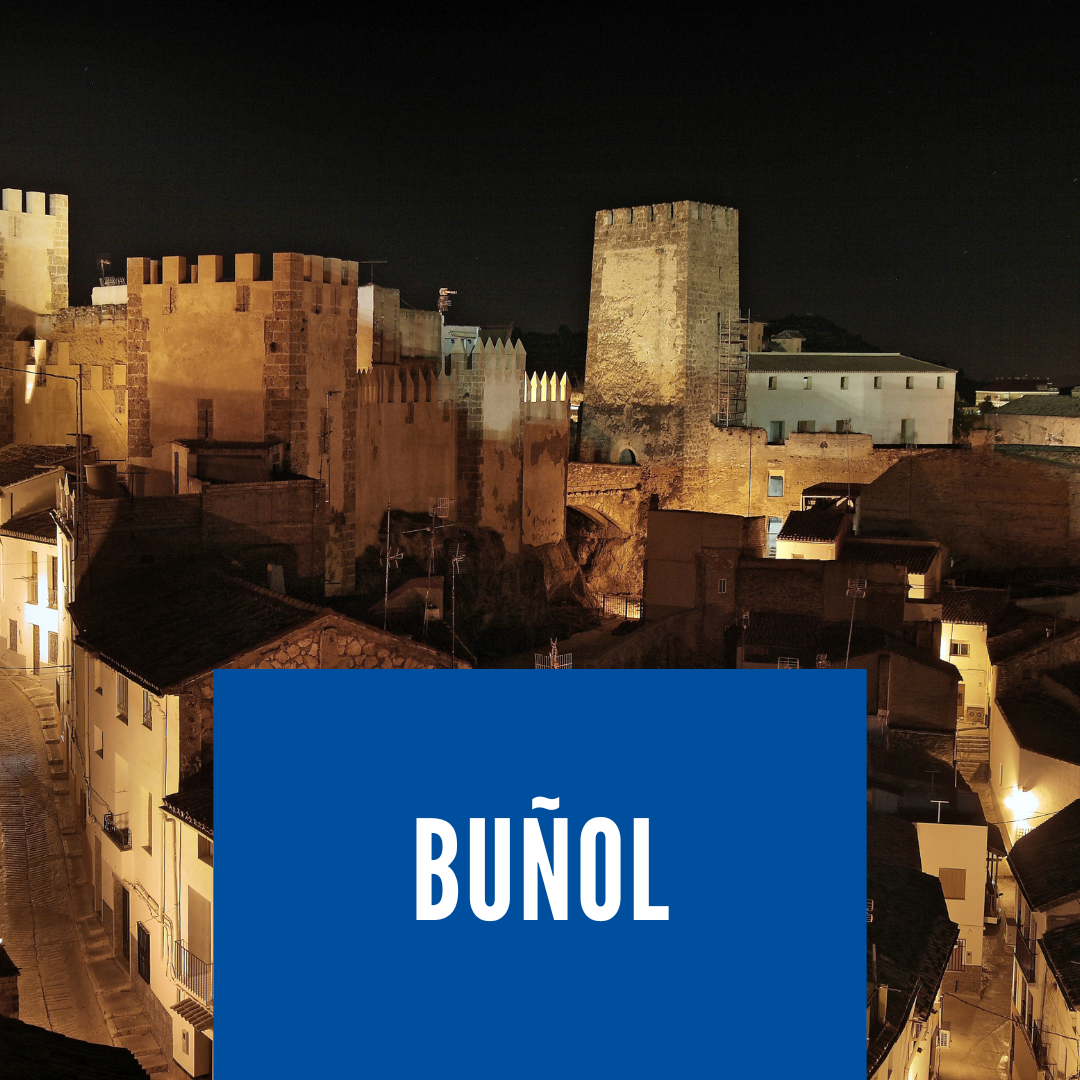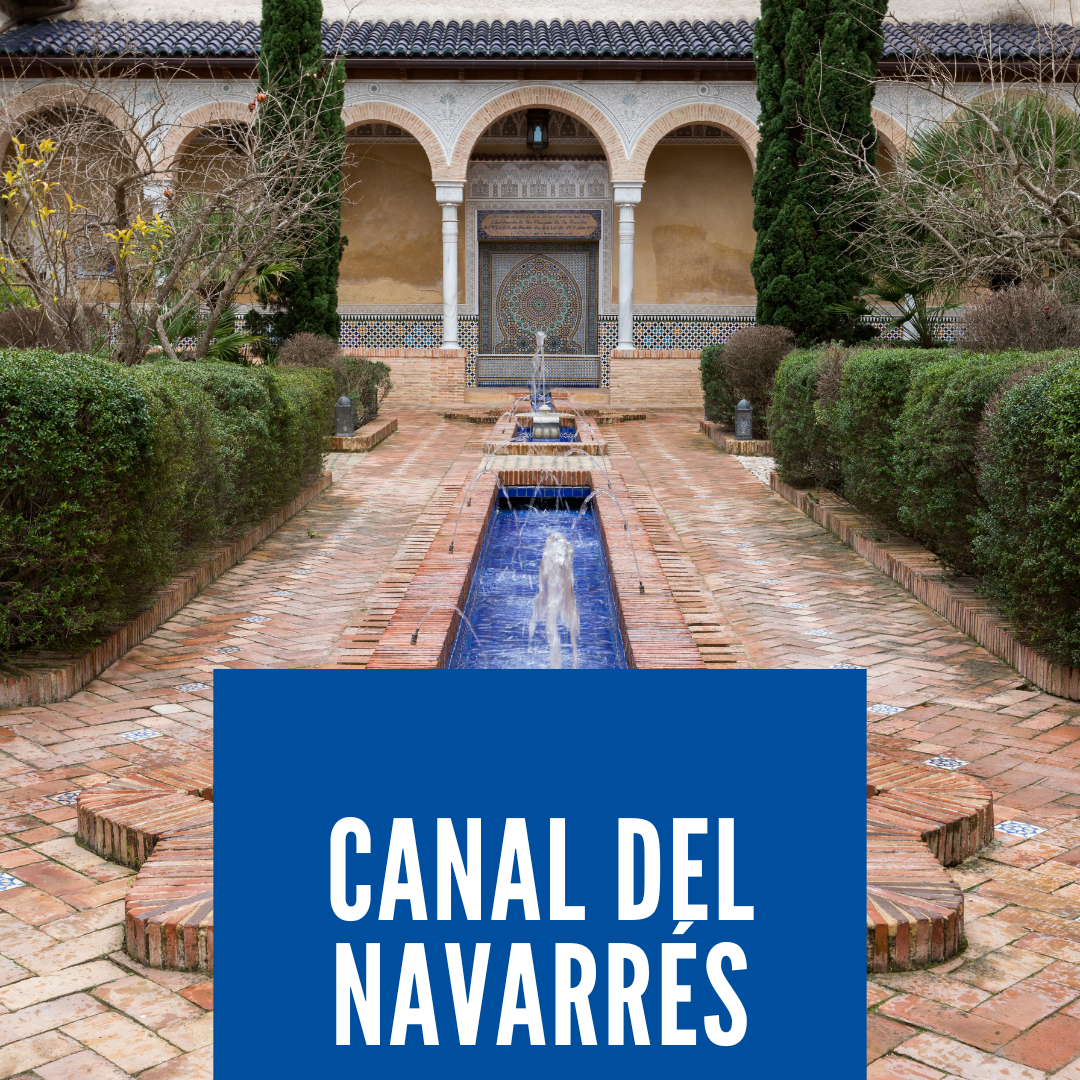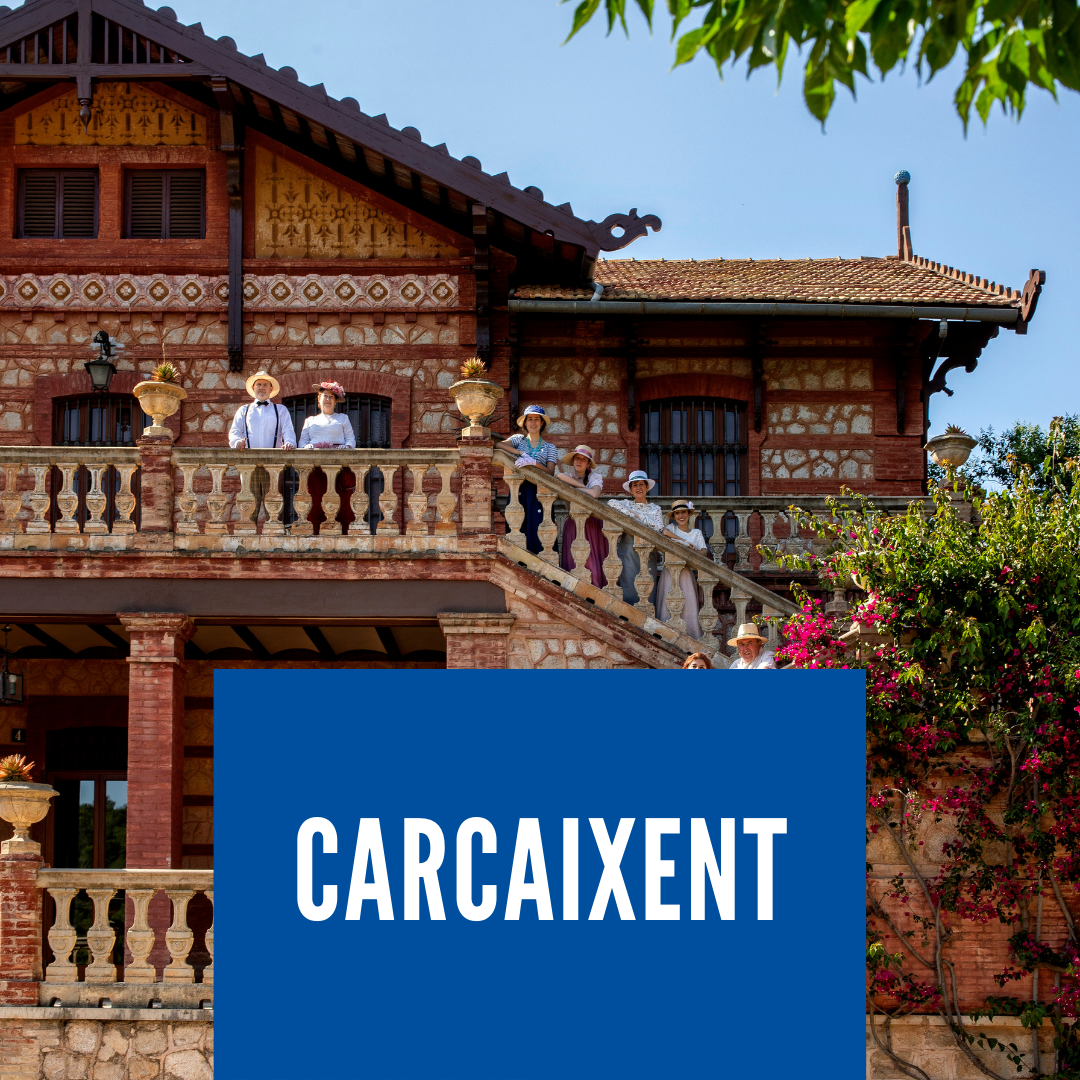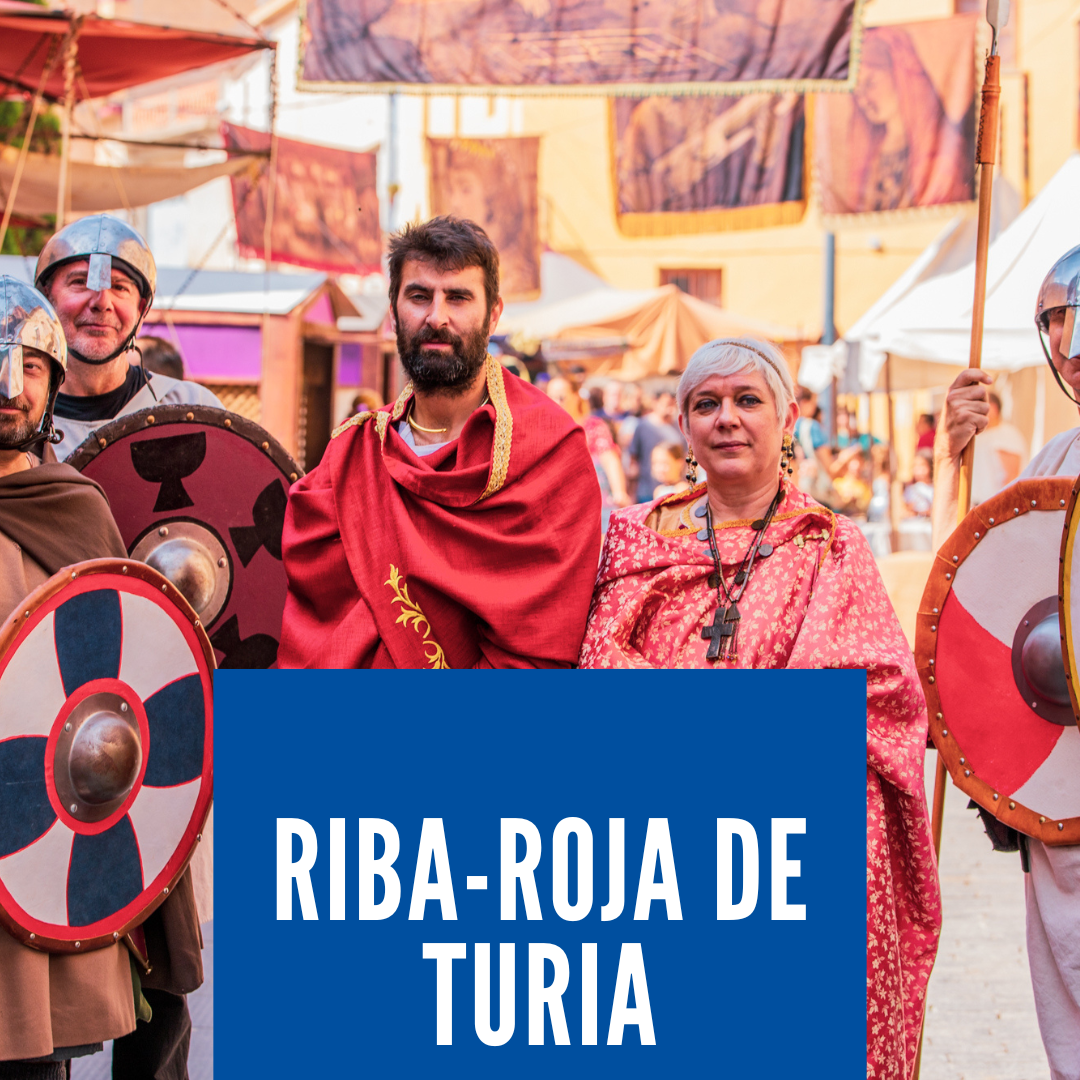PROVINCE OF VALENCIA
The province of Valencia treasures a great variety of attractions From the coastal area, with long stretches of fine sandy beaches and a tourist offer endorsed by tradition and experience, to the interior, where nature and heritage are fundamental parts. Adding to this is the city of Valencia, where history and avant-garde coexist like nowhere else If we add the traditions – the Fallas are universally known – the gastronomy and the wines, we find a territory prepared to surprise and please any type of visitor.
Undoubtedly, the beaches of the province of Valencia are a great attraction. The sand, the quality of the waters, and the services made available to users are a common point to the nearly 100 kilometers of beaches that the Valencian coast offers.
In Gandía, apart from the beach, there is a great heritage wealth among which stands out, on its own merits, the Ducal Palace of the Borja. Cullera, the mouth of the Júcar and where the only cliffs of the province are located, offers bathers up to 18 different bathing areas. In Oliva, we find a Natural Park next to the coast, the Marjal de Pego-Oliva, as well as high-quality beaches.
If we seek to combine the beach with culture, one of the best options is Sagunto, where Iberians, Romans, Muslims, Jews… the high Furnaces left their mark.
Valencia, a port and coastal city, is the cradle of an immense historical artistic heritage, concentrated, to a large extent, in the Old Town, with its cathedral and the emblematic Miguelete, its bell tower. The Palaces of Benicarló and the Borja, today headquarters of institutions of the Generalitat Valenciana, are other outstanding buildings. The result of the economic boom of past centuries is the Lonja and expression of the avant-garde spirit that the city treasures, the City of Arts and Sciencesa complex composed of the Oceanographic, the Prince of Asturias Museum of Sciences, the Hemispheric, the Palace of Music and the Agora as main centers of interest. Buildings that contrast with the Torres de Quart and Serrano, old entrances to the city
Valencia, the third city in Spain, offers the visitor interested in culture an extensive offer of museums and an enviable event schedule, making it one of the international capitals of culture and the avant-garde.
The interior of the province of Valencia is an ideal setting for those who, in addition to enjoying beautiful landscapes, seek to treasure experience in contact with nature. From cruises on the Júcar river to health treatments we can find in Cofrentes. The walk through the medieval streets or the visit to the covetes del moros is an option that Bocairent offers us.
In Xátiva, also a city of the Borja, you have to admire its castle without forgetting a walk through Moncada street, where palaces and manor houses are concentrated, nor The Collegiate Basilica of Santa María de la Seo, from the end of the 16th century.
Utiel and Requena are united by the wine tradition and by having an interesting surface and an exciting subsoil. Requena, which did not always depend on wine production – there remains its tradition as a silk producer – offers an old town full of splendor. Utiel, for its part, shared the condition of borderland and the result of this are the remains of its fortifications. The two cities are united in the oldest Denomination of Origin in Spain, that of Utiel-Requena.
Precisely in the region it is possible to carry out a wine route that will lead us through historical wineries, and current wineries, with perfectly organized tastings and tastings.
For wine tourism lovers, there is also Valencia Wine Route, which groups different wine regions of the province: Alto Turia, Clariano, Valentino and Terres dels Alforins, where wines from the DO Valencia are produced. It is the youngest wine route of those existing in the Valencian Community.
Special mention deserves the gastronomy, which, without renouncing the preeminent place occupied by paella, includes many other dishes with a common characteristic: local products, those that the sea and the orchards of the land give us. Tradition, warmth. Tradition, quality and avant-garde make up a first-rate gastronomic offer that you can discover thanks to the Del Troç al plat initiative, which seeks to deepen the cultural relationship between the product and its economic exploitation, between the land and the kitchen.

